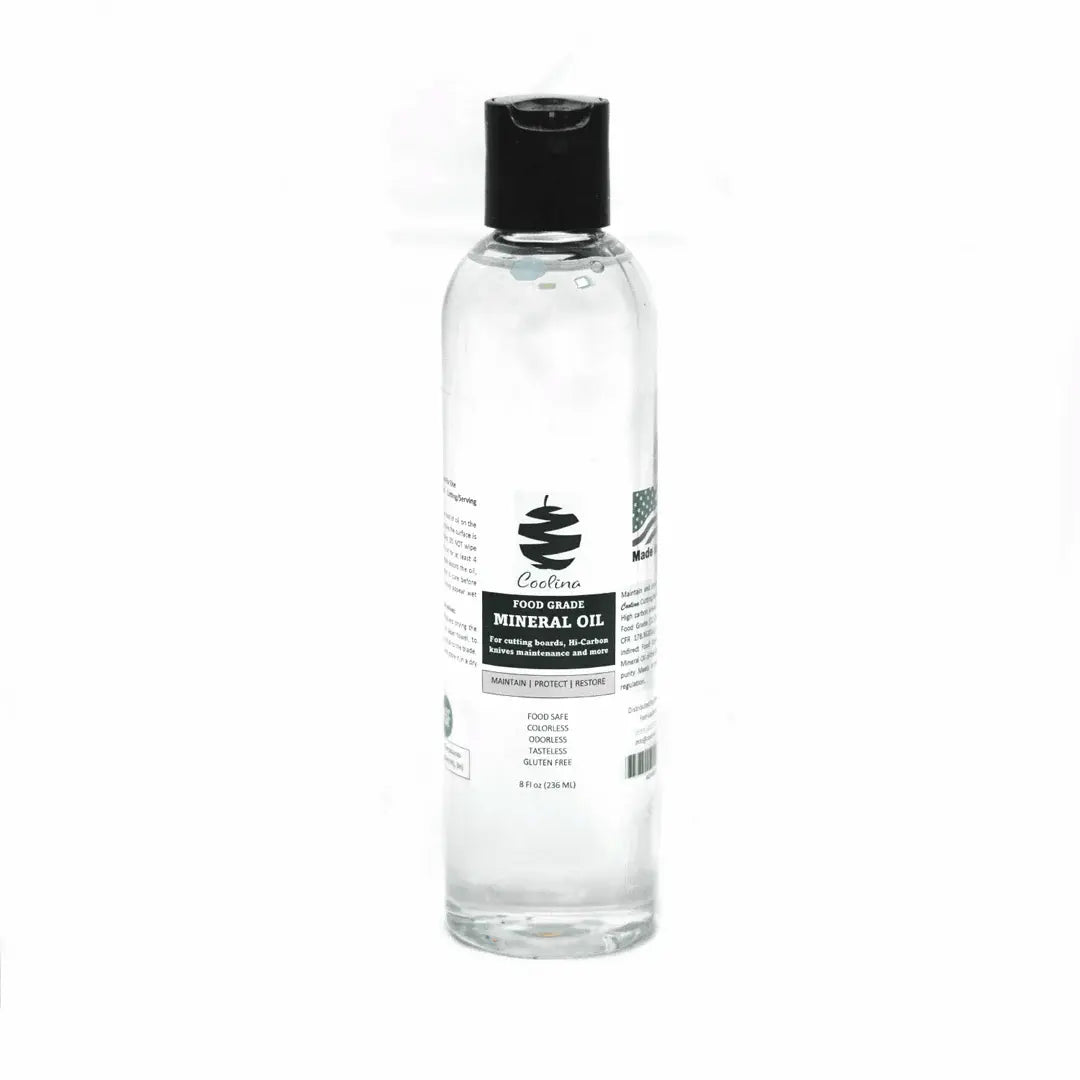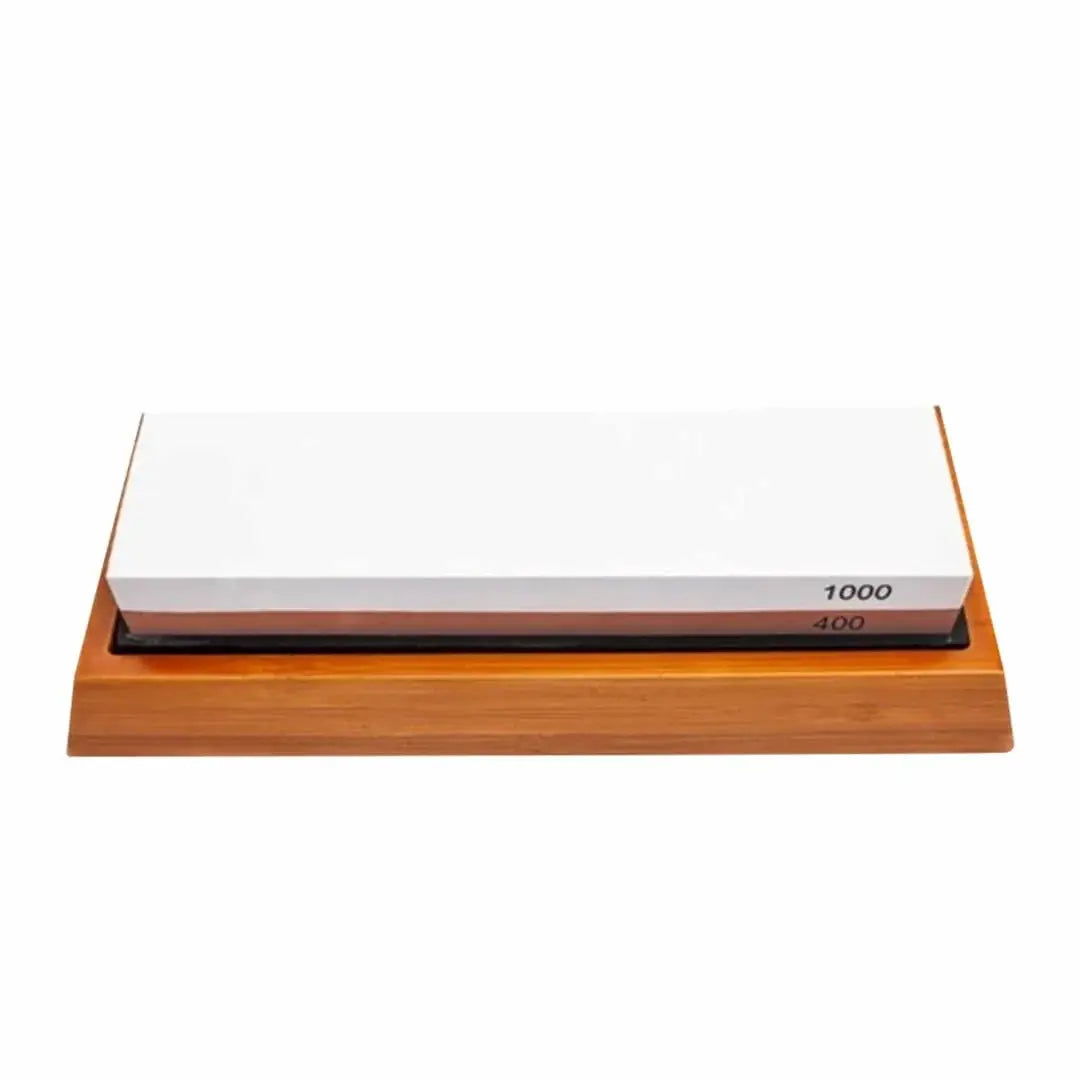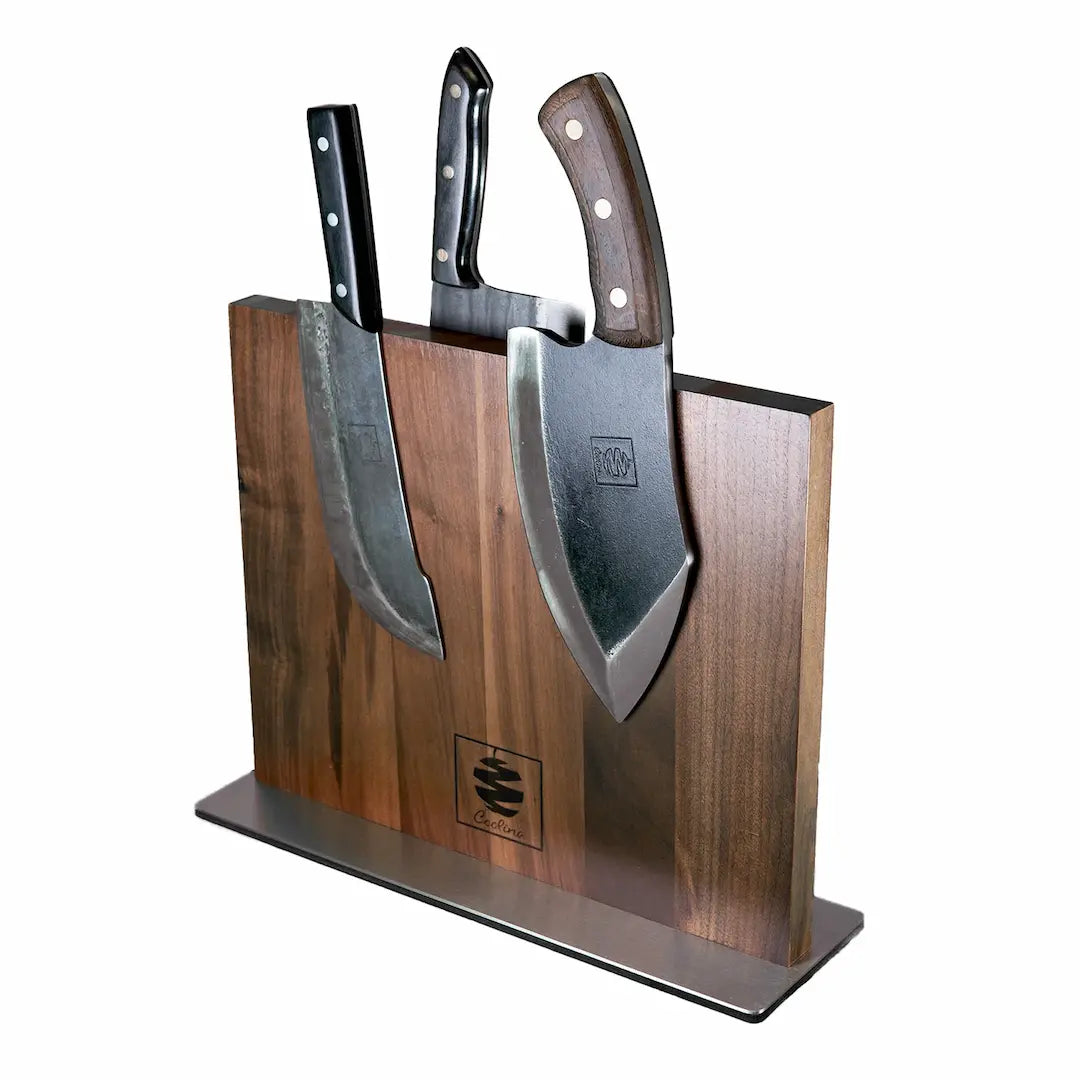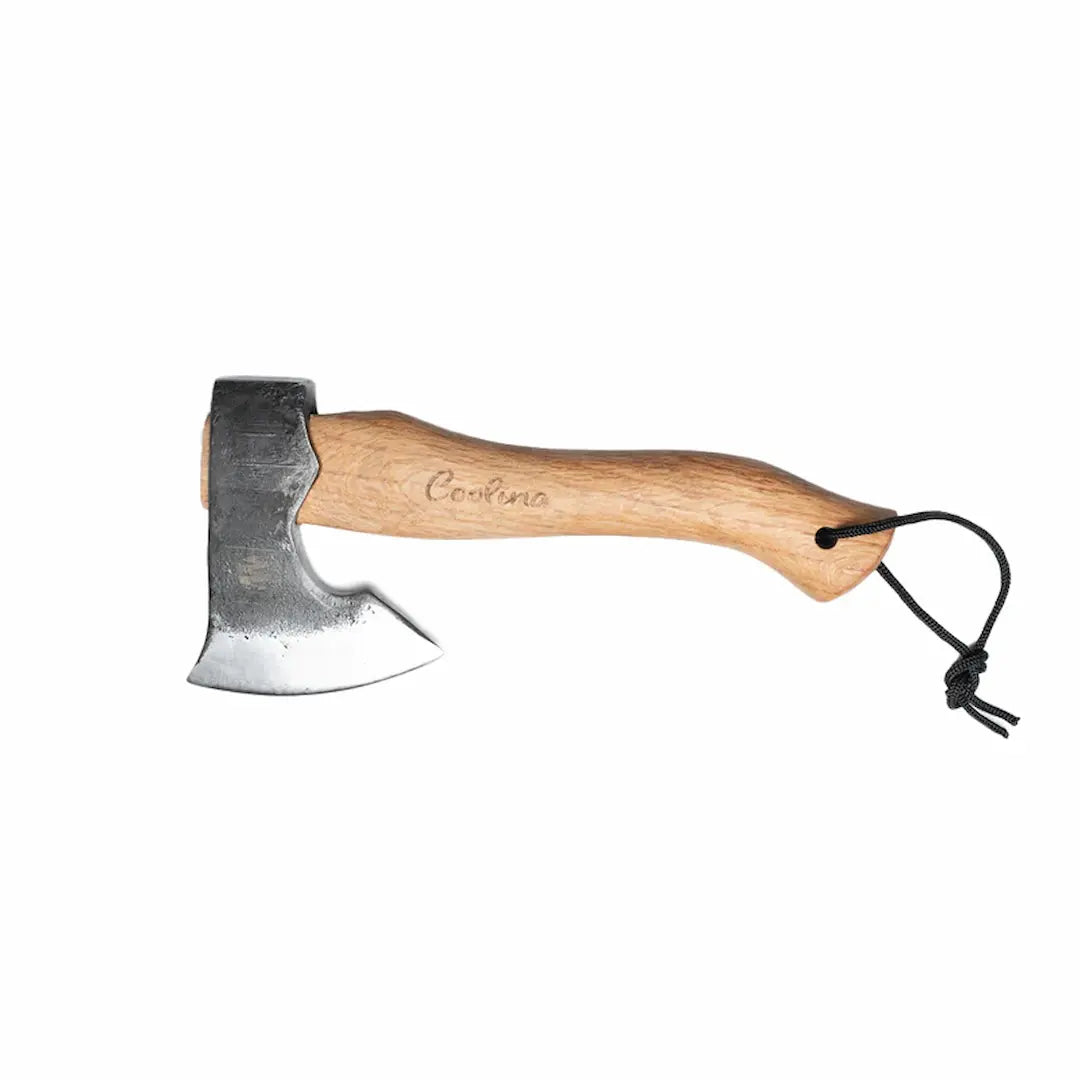Don't Let Rust Ruin Your Blade: Tips for Preventing Corrosion on Handmade Steel Knives
There's nothing quite like the feeling of using a handmade steel knife to effortlessly slice through a juicy steak or a fresh tomato.
But if you're not careful, that same beautiful blade could quickly become marred by rust and corrosion.
As a knife enthusiast, you know that proper care and maintenance are essential for keeping your tools in top condition.
In this blog post, we'll share some expert tips for preventing rust and corrosion on your beloved handmade steel knives, so you can keep using them with confidence for years to come.
Keep knives clean and dry

The first step in preventing corrosion and rust is to keep knives clean and dry. After using a knife, it's important to clean it thoroughly with warm water and mild soap.
Avoid using harsh chemicals or abrasive scrubbers that can scratch the blade.
After cleaning, dry the knife thoroughly with a clean cloth, paying particular attention to any crevices or hard-to-reach areas.
Use a protective coating

Another effective way to prevent rust and corrosion is to use a protective coating on the blade. We, at Coolina, use oil, to protect the steel from moisture and oxygen.
If your knife did not come with a protective coating, consider applying one yourself.
There are several types of coatings available, including mineral oil, gun oil, or wax, which can be applied with a cloth or brush.
Store knives properly

Proper storage is essential for preventing rust and corrosion on handmade steel knives. Keep knives in a dry, cool place, away from sources of moisture, such as sinks or dishwashers.
Never store knives in a leather sheath, as leather can hold moisture and promote rust. Instead, store knives in a plastic or wooden sheath, or a knife block or magnetic holder.
Avoid exposure to salt

Salt can accelerate rust and corrosion on steel knives, so it's important to avoid exposure to salt whenever possible.
If you use your knife to prepare food, be sure to rinse it thoroughly with water to remove any salt residue.
If you live in a coastal area or near the ocean, take extra precautions to protect your knives from exposure to salt air.
Use knives for their intended purpose

Finally, it's important to use knives for their intended purpose. While some knives are designed for multi-purpose use, using a knife for tasks it's not designed for can increase the risk of damage or corrosion.
For example, using a kitchen knife to open packages or cut through hard materials like bones can cause damage to the blade, making it more susceptible to rust and corrosion.
In conclusion:
Handmade steel knives are beautiful and functional tools that require proper care and maintenance to stay in top condition.
By keeping knives clean and dry, using a protective coating, storing knives properly, avoiding exposure to salt, and using knives for their intended purpose, you can help prevent corrosion and rust, ensuring that your handmade steel knife will last for years to come.

Knife And Board Maintenance Oil

Kezuriki - Premium Whetstone

Walnut Magnetic Knife Holder

Coolina’s Primal Axe






Be the first to comment